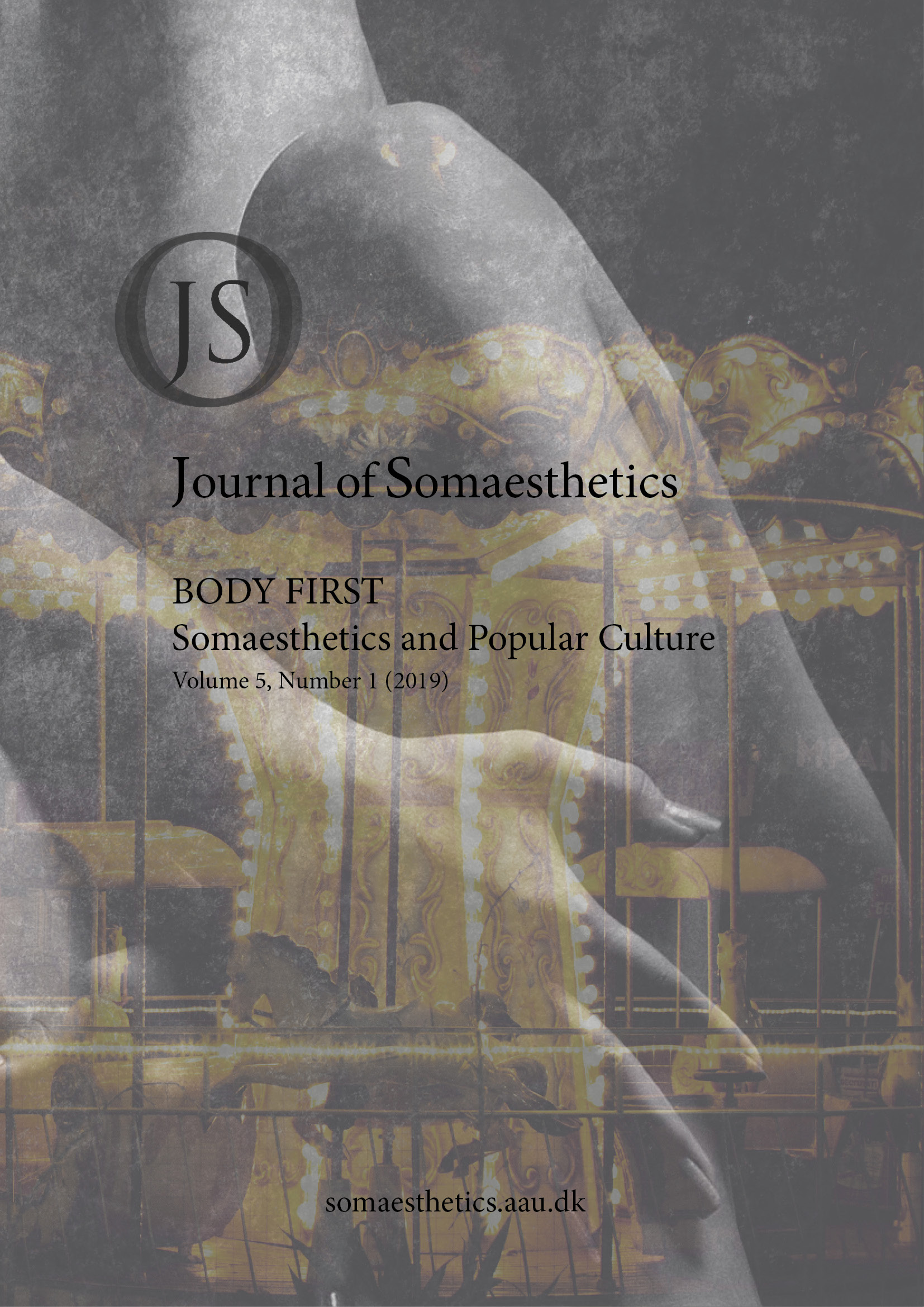The Crash-Event: Repetition and Difference in J. G. Ballard’s Crash
DOI:
https://doi.org/10.5278/ojs.jos.v5i1.3217Abstract
The article examines and interprets British science fiction writer J. G. Ballard’s controversial 1973 novel Crash from the perspective of the philosophical concept of the event. The protagonists of Crash eroticize automobile collisions and their repercussions in human bodies, striving to increase the intensity of their existence via pornographic quest of the perfect, final crash. In Vanhanen’s analysis, Crash brings together the pornographic emphasis of repetition with the singularity of the life-changing crash-event that the novel’s characters encounter. Vanhanen considers Freudian interpretations of the novel’s crash fantasies as traumatic compulsion to repeat—which itself is a manifestation of the death instinct. This shall be compared with philosopher Gilles Deleuze’s conception of the death instinct being a ”neutral” metaphysical primary drive rather than part of the Freudian duality between Eros and Thanatos. Via this conception, it becomes possible to approach Crash not only as a ”cautionary tale,” as Ballard has described it, but also as an affirmative ”psychopathic hymn” to the potential of self-differentiation released by the event.
Downloads
Published
Issue
Section
License
Articles published in The Journal of Somaesthetics are following the license Creative Commons Attribution-NonCommercial-NoDerivs 4.0 Unported (CC BY-NC-ND 4.0). Authors retain copyright and grant the journal right of first publication with the work simultaneously licensed under a Creative Commons Attribution License: Attribution - NonCommercial - NoDerivs (by-nc-nd). Further information about Creative Commons
If excerpts, tables, figures, charts, artwork or photographs from other copyrighted works are included in an article, it is the author’s responsibility to obtain written permission from the copyright owners and credit the source’s in the article and citation list.


